
By Andrea Helton

By Andrea Helton
A thoughtful and comprehensive response to COVID-19 with particular focus on the questions facing high-risk populations: older adults & persons with chronic illness

In this time of crisis of working to protect the health and safety of ourselves, families, and communities, it can be stressful by itself to process all the information coming at us from so many sources. In response to this, the University of Louisville Trager Institute is posting coronavirus updates and announcements to our COVID-19 Information & Resources Webpage.
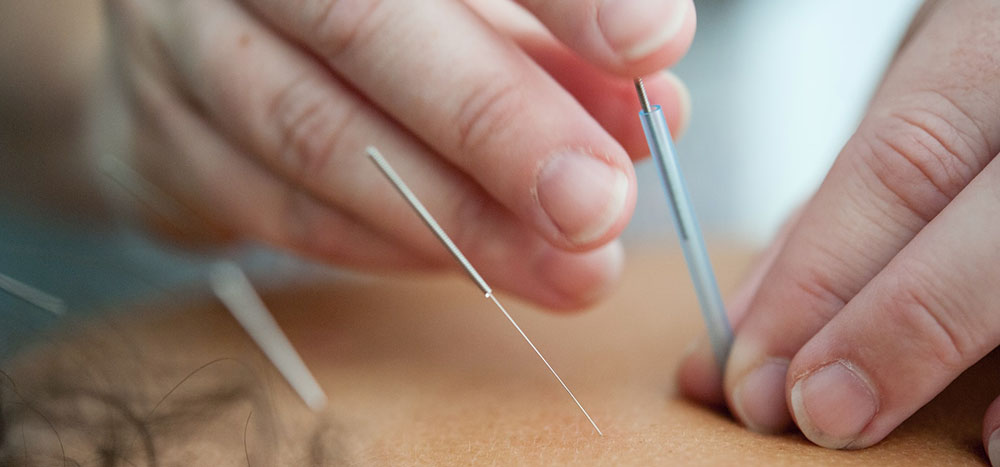
University of Louisville Trager Institute’s Republic Bank Optimal Aging Clinic is now offering acupuncture as part of its integrative healthcare services.
Over the past several months, we’ve seen a dramatic increase in anxiety, depression, and stress amongst healthcare providers and caregivers, especially frontline & long-term care workers. The fact that we have not dealt with a global pandemic like this in over a century cannot be understated. It’s undoubtedly affecting all of us, however, it’s clear that our healthcare workers and caregivers are battling COVID stress in ways unique to their respective field.[1] The wellbeing and resilience of our healthcare workers are key to keeping our society alive and healthy as we battle the pandemic. However, without proper self-care, healthcare workers face a burnout like we’ve never seen before, which can turn into varying degrees of maladaptive coping, psychological crises, and PTSD.[2]
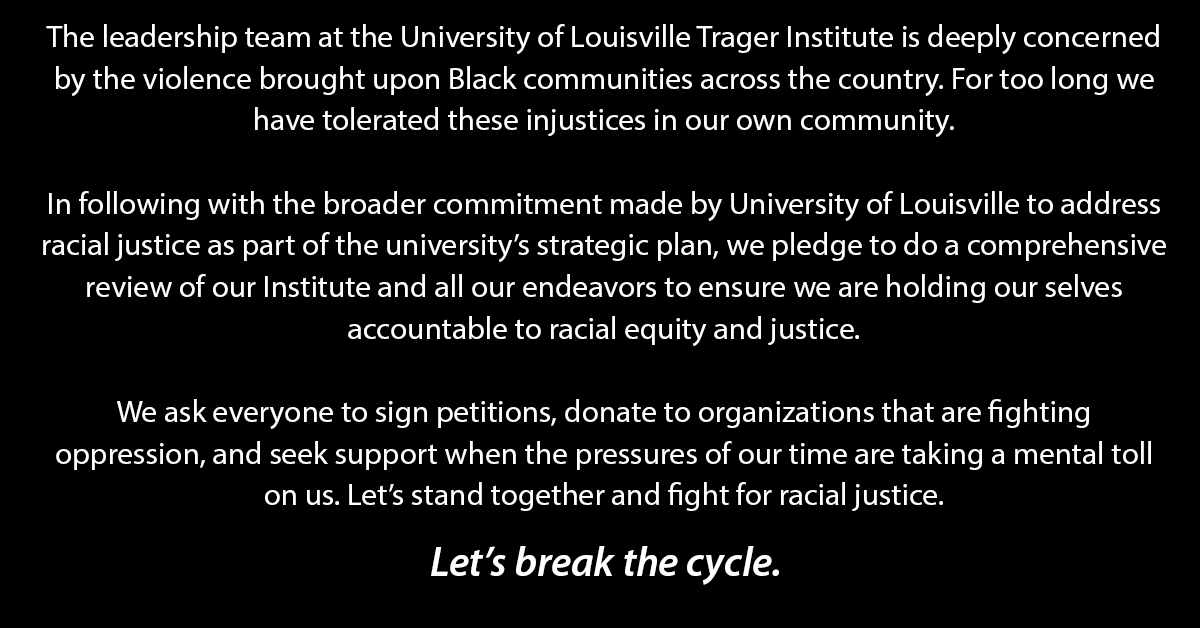
The leadership team at the University of Louisville Trager Institute is deeply concerned by the violence brought upon Black communities across the country. For too long we have tolerated these injustices in our own community. Because many of us have not experienced these injustices in our own lives, we have not been a strong enough voice against police brutality, institutional racism, marginalized communities, and health disparities. We are angered and saddened that these communities have been failed for years by the institutions in our society who should protect them. We grieve for the lives stolen by this neglect and domination.

In troubled times “crooks/scammers/thieves” try to take advantage of unsuspecting individuals. They look and sound sincere, but they are capitalizing on our desire to protect ourselves. It is good to remind ourselves what NOT to do.
Physical isolation and social distancing have become the new normal amid the COVID-19 pandemic, and strengthening psychological coping is as important as staying physically well.
In this Q&A, University of Louisville Trager Institute and Republic Bank Foundation Optimal Aging Clinic Director of Wellness, Joseph G. D’Ambrosio, PhD, JD, LMFT, CSW, shares his thoughts on the human need for connectivity, and ways to improve mental health during this unprecedented time in our history. D’Ambrosio also is an assistant professor in the UofL School Medicine.
During this year’s #RaiseSomeL, UofL’s annual day of giving, we are sharing with you how we work to innovate the aging experience.

Strong support systems are essential to ensuring health and wellbeing for individuals as they age. Caregivers are one part of these strong support systems. However, all too often, caregiver needs are not addressed as part of a holistic approach to improving the lives of older adults.

Technology is constantly changing. Whether it is a television, phone, or computer; the technology within these devices is being improved continuously. Would it not be nice if the cells in our body behaved in the same manner of constant improvement? However, this is not the case. So why not use the two areas together to create a synergy between technology and aging? Numerous products are being developed to help with the challenges experienced among aging adults.
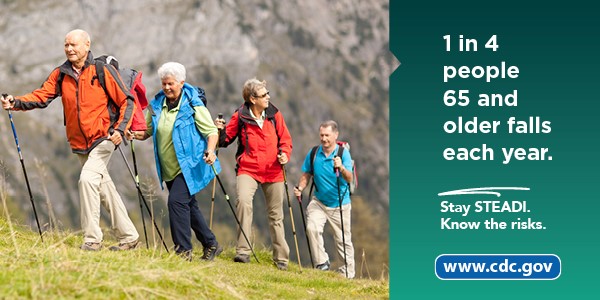
Falls are the leading cause of fatal and nonfatal injuries in older adults.[i] More than one in four older adults fall every year and less than half will tell their doctor.[ii] Nearly 1 out of 5 falls cause a serious injury such as a broken bone or a head injury.[iii] Many older adults who fall even if they are not injured develop a fear of falling and reduce their activity which in turn increases their risk for falling. Falls can lead to a loss of independence and ability to perform everyday activities. With more than 10,000 Americans turning 65 each day, falls are a growing and significant public health problem.
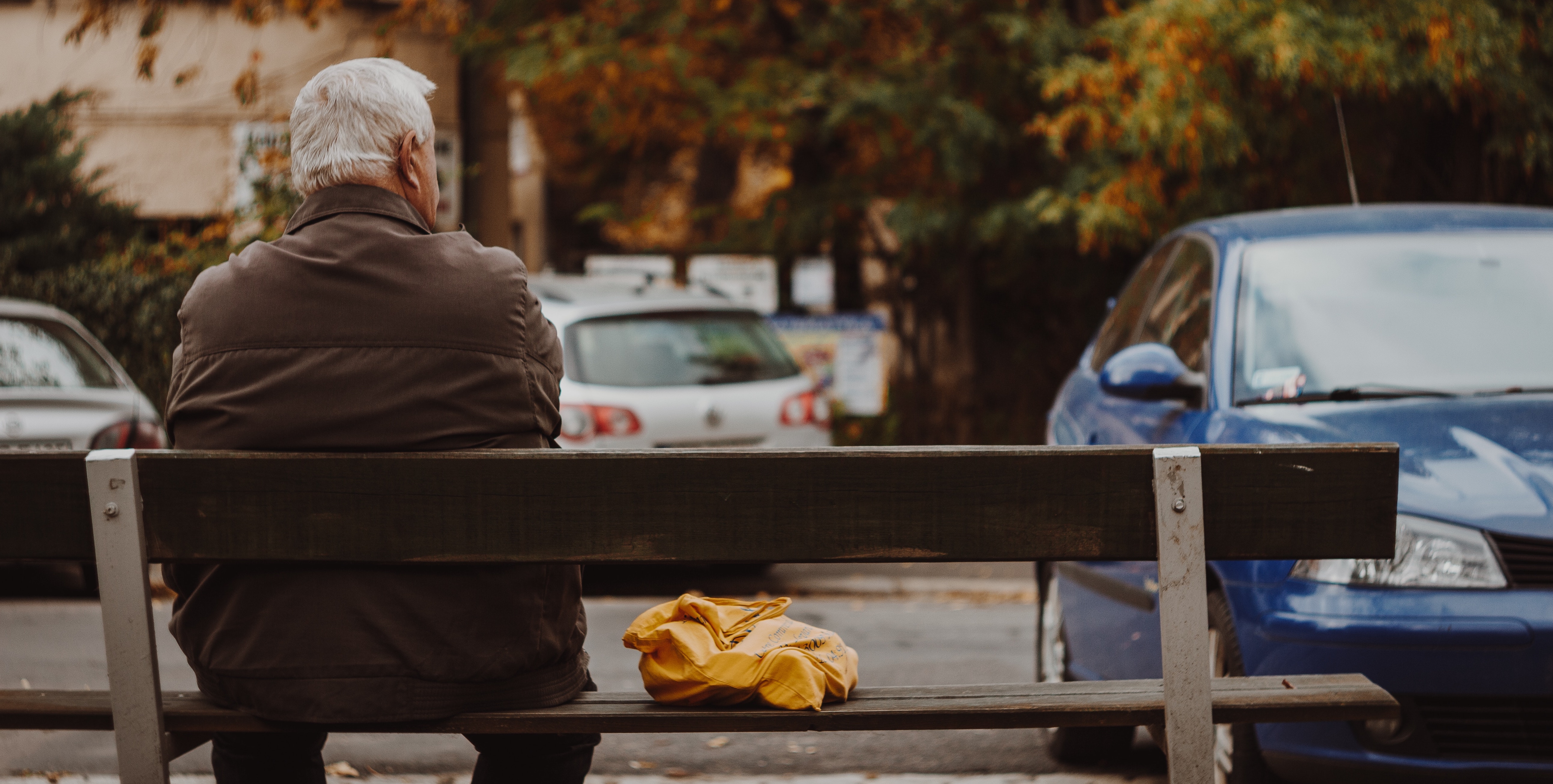
Older adults have an increased risk for mental illnesses because of the losses that can accompany the aging process. Many older adults have lost their independence, friends, family members and social roles. Even with this increased risk for mental health challenges, many older adults do not receive the treatment they need due to stigma of mental health and the frequent situation where signs of mental illnesses are looked and dismissed as normal symptoms of aging, such as slowing of thought, memory, and thinking, hearing loss, vision loss, and physical decline (National Institute of Mental Health, 2019).
Among the many challenges Kentuckians face in rural and underserved communities is healthcare access. This is especially true for older adults. In these communities, it can be difficult for individuals to find providers close to them who are educated in the complexities of caring for older adults. In 2018, the UofL Institute for Sustainable Health & Optimal Aging began using a new technology and training model, called Project ECHO®, to address this issue head-on.
Project Echo® (Extension for Community Healthcare Outcomes) is a tele-mentoring movement dedicated to sharing knowledge and amplifying the capacity of health care professionals to provide best practice care for underserved people all over the world. Recognizing a need for increased specialists, particularly in rural communities, Project ECHO utilizes the teleconferencing platform Zoom to create hub-and-spoke knowledge sharing networks around the world. By creating communities of learning Project ECHO improves treatment by moving information instead of people.
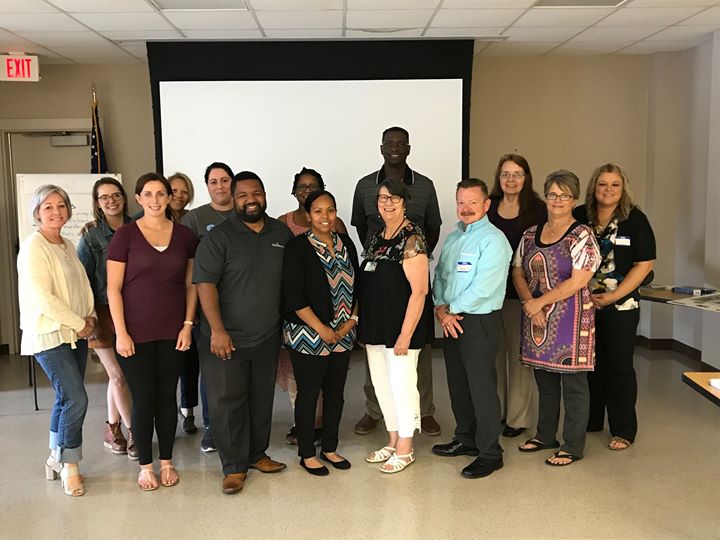 Microclinic Facilitators at first training in July 2018
Microclinic Facilitators at first training in July 2018
A ‘microclinic’ is not a small building, but a human infrastructure - a health management collective composed of people who share access to education, technology and social support as members work together to prevent and manage deadly disease. Microclinics are formed organically from extended families, small businesses, church groups, and more. Rather than attempting to create a new social support system, microclinics galvanize existing social networks. Built on relationships and social capital rather than bricks and mortar, microclinics put the power of health directly into the hands of the community.
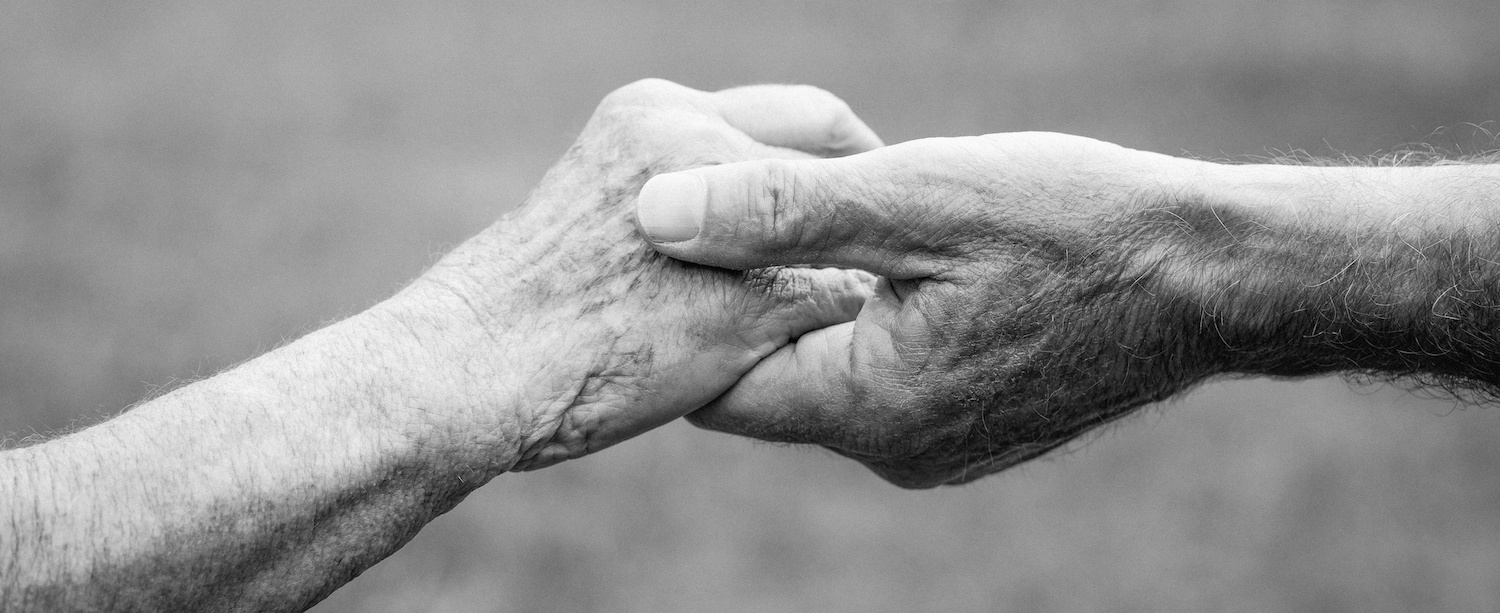
November is National Family Caregivers Month, a time to celebrate and recognize the estimated 44 million caregivers throughout the United States. At the Institute for Sustainable Health & Optimal Aging, we would like to honor all of the caregivers that are providing care to persons with Alzheimer’s Disease (AD). Caregiving can be a stressful experience for both the caregiver and the care receiver. Understanding how to incorporate compassion into the caregiving experience can help alleviate some of this burden.
The age-friendly city movement is taking off in cities and communities around the world – including right here in Louisville.
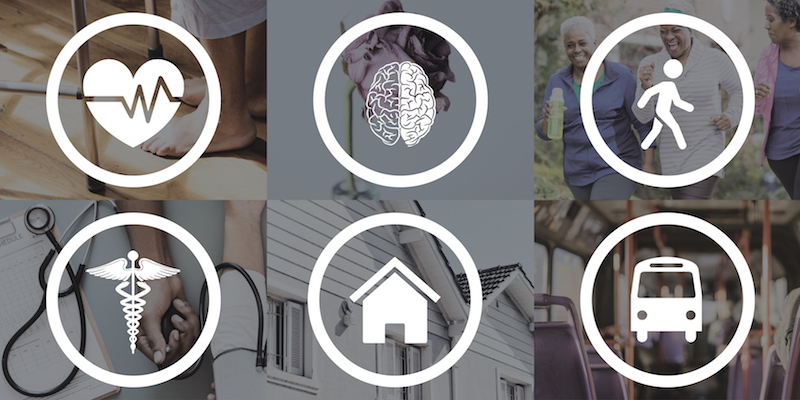
Flourishing refers to the experience of a life going well. It is a way to describe optimal life functioning, in spite of chronic disease and psychical bodily deterioration. It focuses on adaptation to age-related changes and reduction of abilities, but also the positive gains and strengths associated with old age. To flourish means to proactively and reactively respond and interact with what comes our way, by selecting goals that fit the issues we deal with, and then optimize our engagement in the selected goals, and in this process compensate and maintain a certain quality of life that is possible in the face of loss and decline.
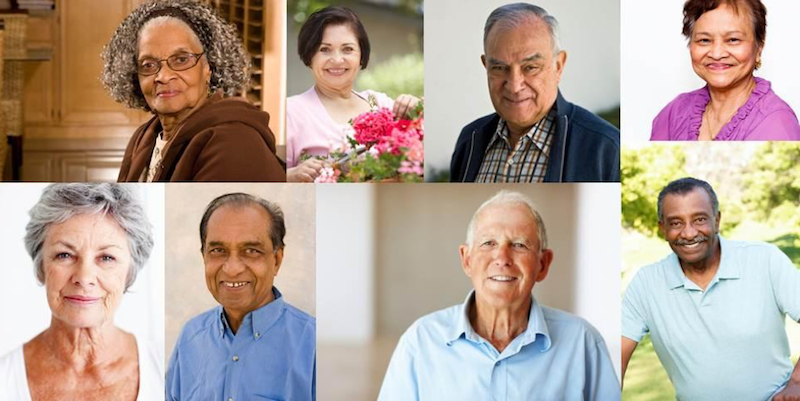
Everyone ages. From the moment we are born, we begin to grow, mature, and change - the process of aging. When we are young, we call this “maturing” or “growing up,” but as we advance in years, this process gradually changes into “aging.”

As part of the 2018 Optimal Aging Month, the UofL Institute for Sustainable Health & Optimal Aging is launching a new Optimal Aging Blog. We look forward to exploring with you important concepts related to optimal aging. Our network of experts and specialists will share their insights on key topics such as health tips, aging brain, pain management, caregiving support, and many other topics. Join our email list to receive the new blog. Sign up for our email list to check out our upcoming posts.